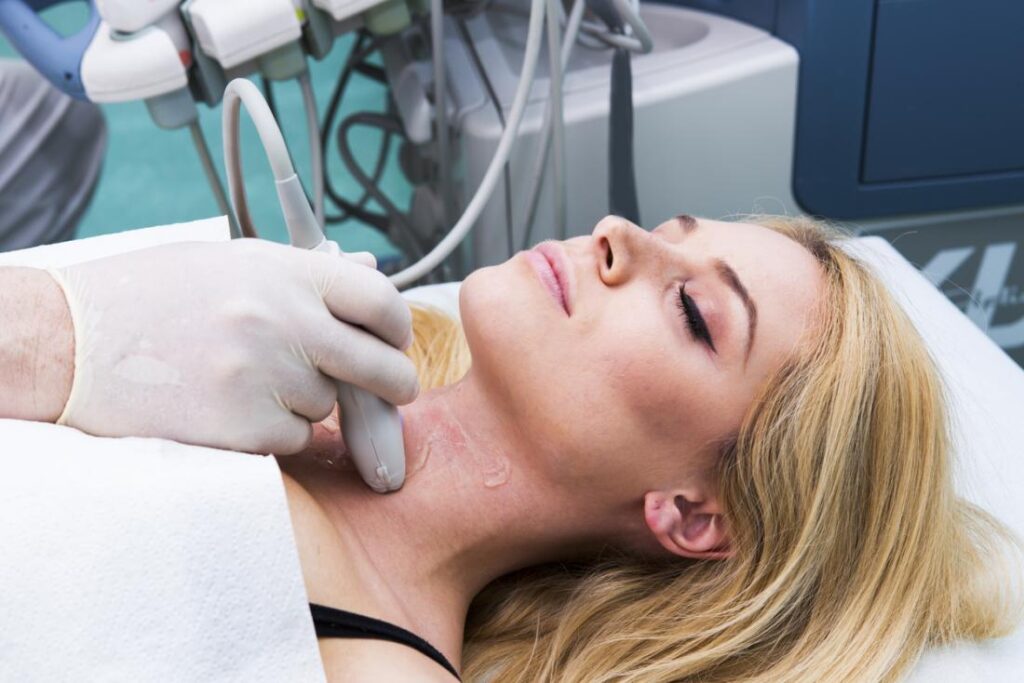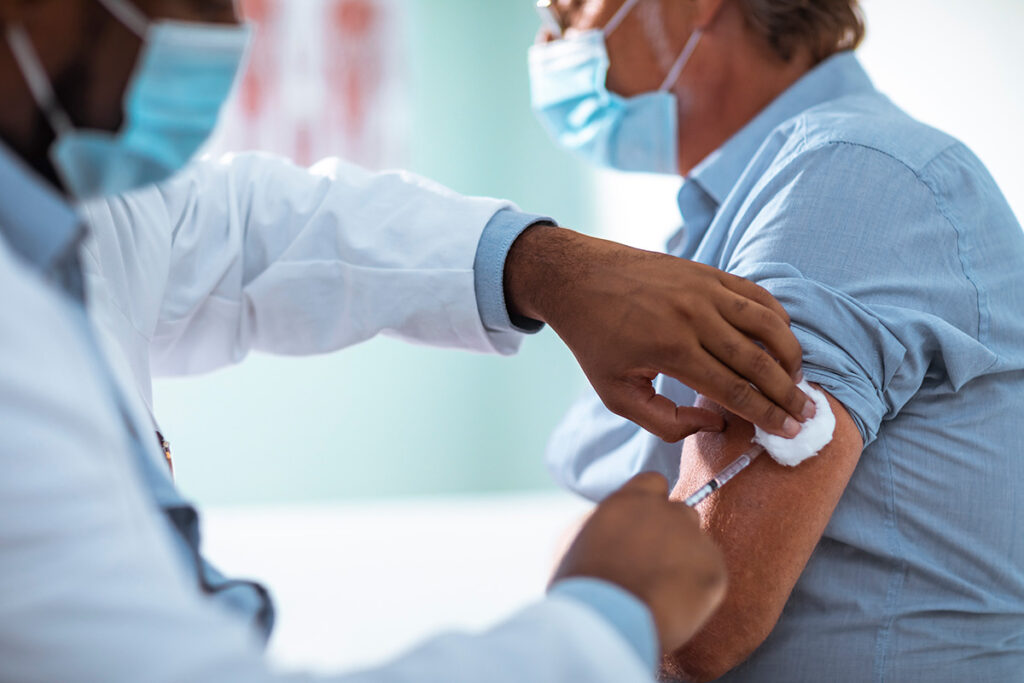Diseases & Treatments

Migraine Treatment
A migraine is a headache which causes severe pain or a pulsing sensation, usually on one side of the head. The migraine attack is mostly accompanied by nausea, vomiting, and extreme sensitivity to light and sound. Migraine attacks can last for hours or more, and the pain can be so severe that it disrupts your daily activities.
- severe headache
- Headache with fever, stiff neck, double vision, weakness in any part of the body
- A chronic headache that is worse after coughing, exertion, or a sudden movement
- Nausea and vomiting
- Vision loss
- Family history: If you have a family member with migraines, then you have more chances of having them too.
- Age: Migraines can start at any age, though in many it occurs during adolescence. It tends to peak during the 30s.
- Sex: Women are more likely than men to have migraines.
- Hormonal changes: For women who have migraines, headaches might begin just before or shortly after onset of menstruation. They might also change during pregnancy or menopause. Migraines generally improve after menopause.
Thyroid Treatment
Thyroid disease is a medical condition that keeps the thyroid from making the right amount of hormones. The thyroid typically makes hormones which keep the body functioning normally. There are two types of thyroid. When the body makes too much thyroid hormone, it can develop a condition called hyperthyroidism. When the body makes too little thyroid hormone, it is called hypothyroidism. Both conditions are serious and need to be treated by the doctor immediately after the symptoms have been detected.

- Have a family history of thyroid disease.
- Having a medical condition such as pernicious anemia, type 1 diabetes, primary adrenal insufficiency),etc.
- Person who is taking a medicine that is high in iodine
- Are older than 50, especially in women.
Symptoms of hyperthyroidism and hypothyroidism are different from each other. Both thyroid conditions are serious and need to be treated by a doctor immediately.
- Hyperthyroidism symptoms
- Experiencing anxiety
- Having trouble sleeping.
- Losing weight.
- Enlarged thyroid gland or a goiter.
- Having muscle weakness and tremors.
- Irregular menstrual periods or having a menstrual cycle has been stopped.
- Feeling sensitive to heat.
- Having vision problems or eye irritation.
Hypothyroidism symptoms:
- Fatigue
- Gain weight.
- Experiencing forgetfulness.
- Having frequent and heavy menstrual periods.
- Having dry and coarse hair.
- Having a hoarse voice.
- Experiencing an intolerance to cold temperatures.

Diabetes Management
Diabetes mellitus refers to a group of diseases which affect how the body uses blood sugar (glucose). Glucose is vital to health because it’s an important source of energy for the cells that make up the muscles and tissues. Too much sugar in the blood can lead to serious health problems.
How To Manage & Prevent Diabetes
- Eat healthy foods: Eat foods lower in fat and calories and higher in fiber. Consume more fruits, vegetables and whole grains.
- Do more physical activity: At least, aim for about 30 minutes of moderate aerobic activity on most days of the week, or at least 150 minutes of moderate aerobic activity a week.
Pain Management
Pain management can be simple, complex or severe, depending on the cause of the pain. The condition can be alleviated with a proper treatment and physical therapy.
Types of Pain
Pain is divided into two groups i.e, Nociceptive pain and Neuropathic pain.
- Nociceptive pain: Back, leg, and arm pain is nociceptive pain.
- Neuropathic pain: Neuropathic pain includes complex regional pain syndrome, irritable bowel syndrome etc.


B.P. Management
High blood pressure is a condition in which the long-term force of the blood against the artery walls is high enough which may eventually cause health problems, such as heart disease. A blood pressure reading is given in millimeters of mercury.
- Heart attack/stroke: High blood pressure can cause thickening of the arteries, which lead to a heart attack, stroke or other complications.
- Heart failure: To pump blood against the higher pressure in the vessels, the heart has to work harder, which causes the walls of the heart’s pumping chamber to thicken (left ventricular hypertrophy). Eventually, the thickened muscles have a hard time pumping enough blood to meet the body’s needs, which lead to heart failure.
- Kidney dysfunction: Weakened and narrowed blood vessels in kidneys prevent organs from functioning normally.
- Loss of vision: Thickened, narrowed or torn blood vessels in the eyes result in vision loss.
- Trouble with memory or understanding: Uncontrolled high blood pressure affects ability to think, remember and learn. People with high blood pressure has trouble with memory or understanding concepts.
Gastric Disorders
Gastrointestinal conditions are disorders of the digestive system, an extensive and complex system which breaks down food in order to absorb water and extract nutrients, minerals and vitamins for the body’s use, while then removing unabsorbed waste.

- Abdominal discomfort
- Unintentional weight loss
- Vomiting
- Acid reflux
- Nausea
- Diarrhea, constipation
- Loss of appetite
- Difficulty swallowing.

Heart Problems
Heart disease is easier to treat when detected early, one should consult a doctor about the problems regarding heart health. If the patient is concerned about developing heart disease, talk to the doctor about steps that can be taken to reduce the heart disease risk. This is especially important if the patient has a family history of heart disease.
- Blood vessel disease, such as coronary artery disease
- Heart rhythm problems (arrhythmias)
- Heart defects people born with (congenital heart defects)
- Heart valve disease
- Disease of the heart muscle
- Heart infection
- Chest pain, chest tightness and chest discomfort
- Shortness of breath or having problems while breathing.
- Pain, numbness, weakness or coldness in legs or arms if the blood vessels in those parts of the body are narrowed
- Pain in the neck, jaw, throat, upper abdomen or back
Vaccination & Check-Up
Routine check-up is necessary after every particular interval of time. One should do a routine check-up of their body to detect any complications or to avoid problems related to their health at an early stage. Early detection of health problems can be treated easily through proper medications. Routine check up and consulting a doctor is very important to lead a healthy life. One should go with all the vaccination as prescribed by the doctor.


Infectious Diseases
Infectious diseases are disorders caused by organisms such as bacteria, viruses, parasites. Many organisms live in and on our bodies. They’re normally harmless but under certain conditions, some organisms may cause disease.
Some infectious diseases can be passed from one person to another and some are transmitted by insects or other animals. Many infectious diseases, such as measles and chickenpox can be prevented by vaccines. Frequent hand-washing also helps protect you from most infectious diseases as it can be passed from hand through mouth.
- Have been bitten by an animal
- Are having trouble breathing
- Have been coughing for more than a week
- Have severe headache with fever
- Experience a rash or swelling
- Have unexplained or prolonged fever
- Have sudden vision problems
- Wash your hands thoroughly: Washing hands often prevents the risk of having infectious disease.
- Get vaccinated: One can prevent transfer of disease from one person to another by having a prescribed vaccine.
- Stay home when ill: It is always recommended to stay at home when a person is ill. There is a high chance of making other people ill.
- Practice safe sex: Always use condoms if you or your partner has a history of sexually transmitted infections.
- Use your own personal item: Use your own toothbrush, comb and razor. Avoid sharing drinking glasses or dining utensils.
Respiratory Problems
Allergies, asthma, inflammation, and infection are just some of the conditions that can cause a patient to have breathing problems. The right diagnosis and treatment, along with better understanding of the condition, can help patients manage the breathing problems.
Symptoms Of Respiratory Problems
- Chest pain
- Long lasting cough
- Fatigue
Consulting a doctor right away anytime when a patient notices problems while breathing helps in preventing respiratory disease.

